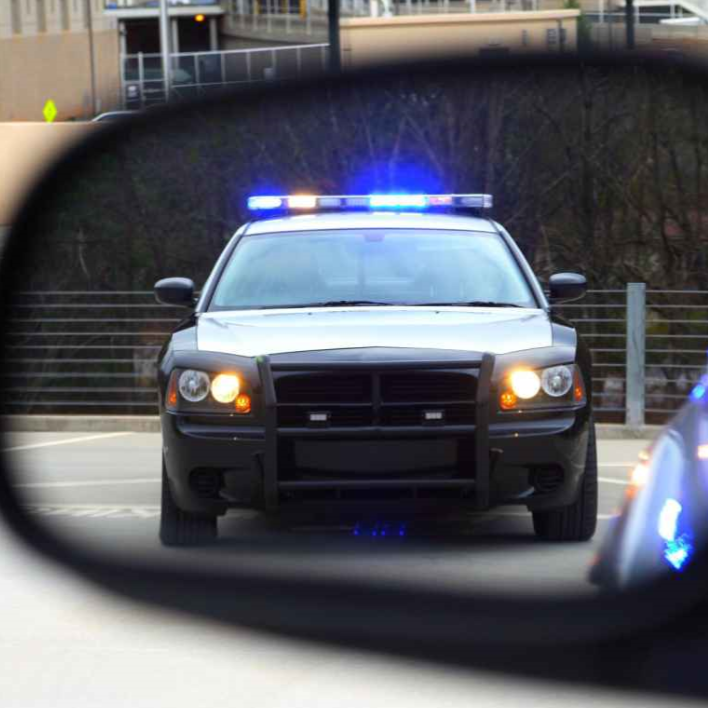
The impact of these pretextual traffic stops on low-income communities can be severe.
David Walton
Sep 27, 2023
Pretextual traffic stops have become a common practice in low-income neighborhoods across the United States. These stops, also known as "fishing expeditions," occur when a police officer stops a vehicle for a minor traffic violation with the intention of investigating other suspected criminal activity.
The practice of pretextual traffic stops has come under scrutiny in recent years, as studies have shown that they disproportionately impact low-income communities and communities of color. This is because these communities often have older cars that may have minor mechanical issues, such as broken taillights or expired registration, which can be used as a pretext for a traffic stop.
Once pulled over, police officers often use the stop as an opportunity to search the vehicle or the occupants for evidence of other crimes, such as drug possession or illegal weapons. These searches can often lead to arrests or fines, even if the original traffic violation was minor or non-existent.
The impact of these pretextual traffic stops on low-income communities can be severe. Not only do they disproportionately affect these communities, but they also contribute to the criminalization of poverty and exacerbate existing economic inequalities. In addition, they erode trust between law enforcement and the community, making it more difficult for police to effectively solve crimes and prevent future criminal activity.
To address this issue, some cities and states have implemented policies to curb the use of pretextual traffic stops. For example, some states have banned the use of racial profiling in traffic stops, while others have required police to collect data on the race and ethnicity of individuals stopped.
However, more needs to be done to address this issue, particularly in low-income communities. This can include increased training for police officers to reduce implicit biases, as well as community-based programs that promote positive interactions between law enforcement and the community.
Ultimately, it is important to recognize that pretextual traffic stops have a real impact on the lives of individuals and communities. By working to reduce the use of these stops and promote equitable policing practices, we can work towards a more just and equal society for all.
← Older Post Newer Post →

